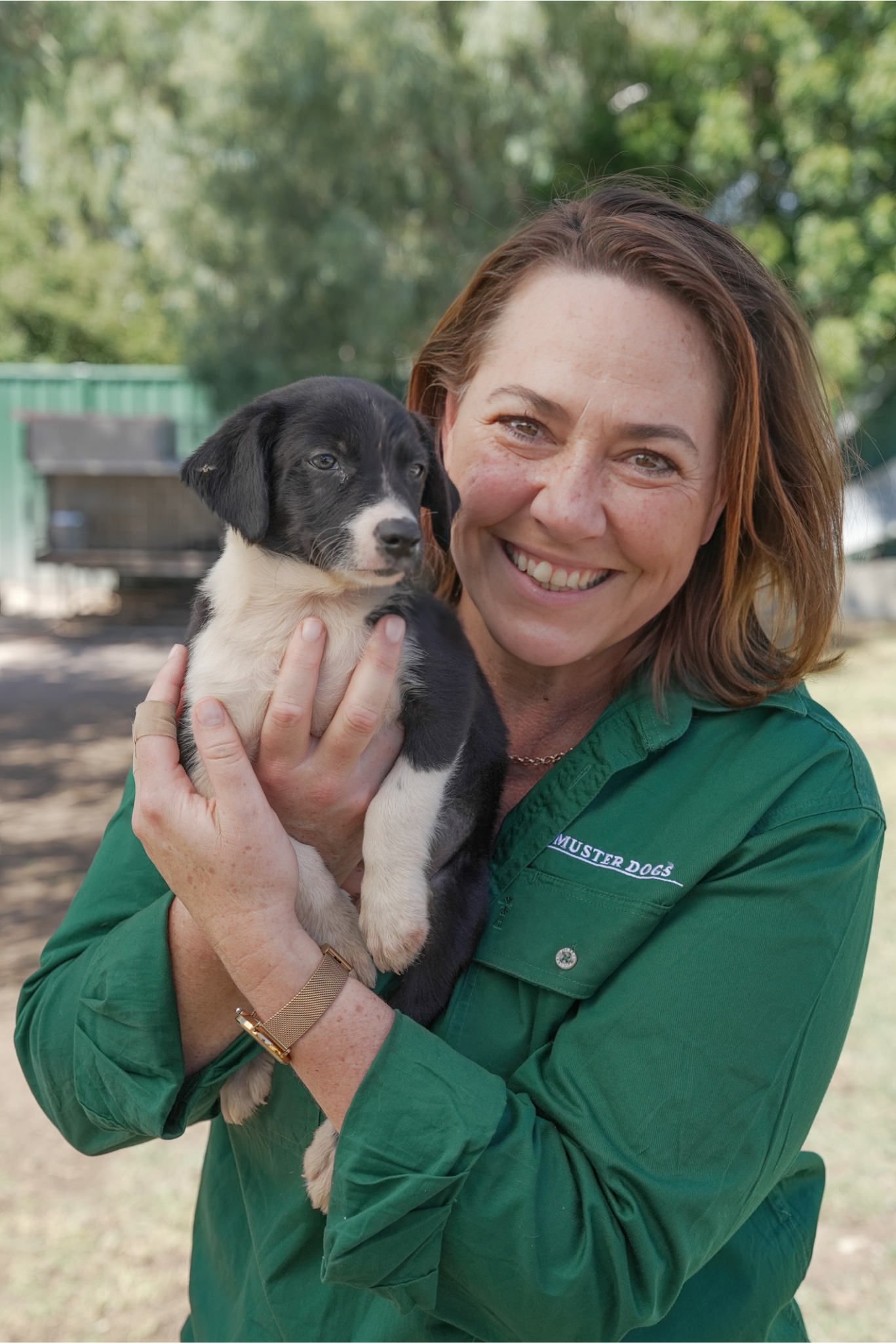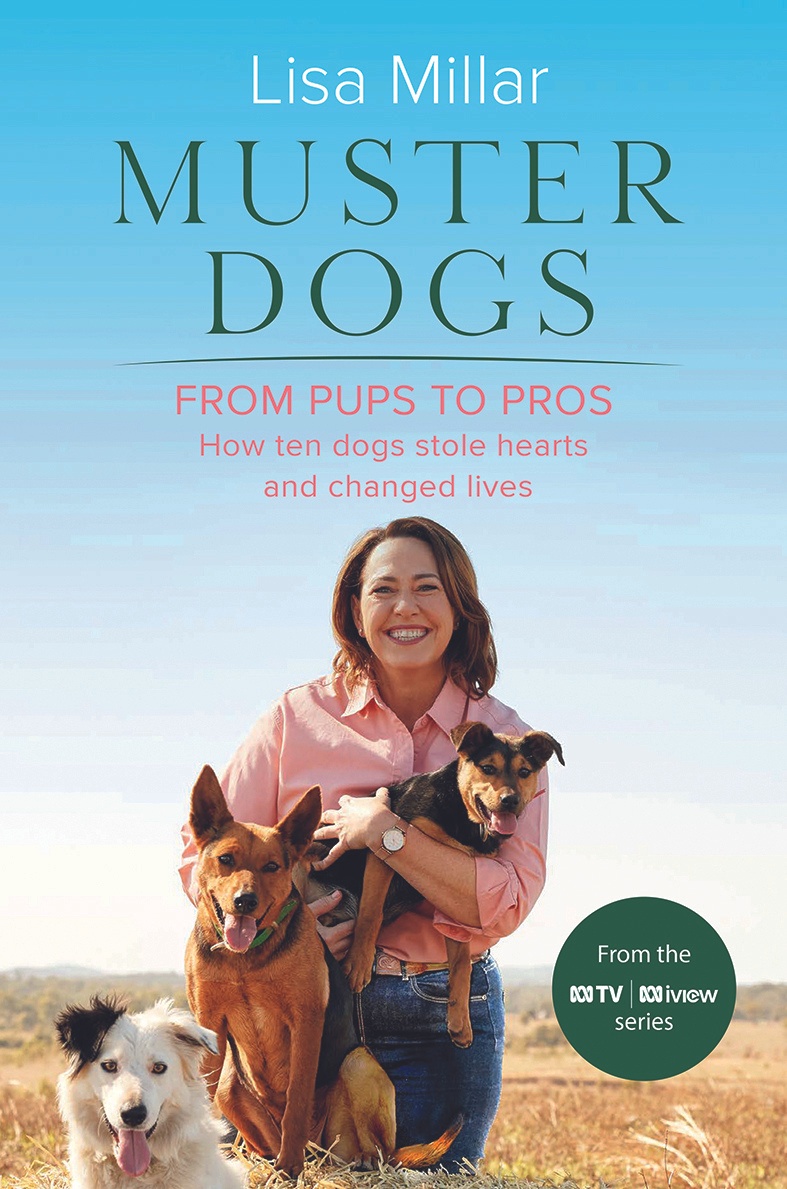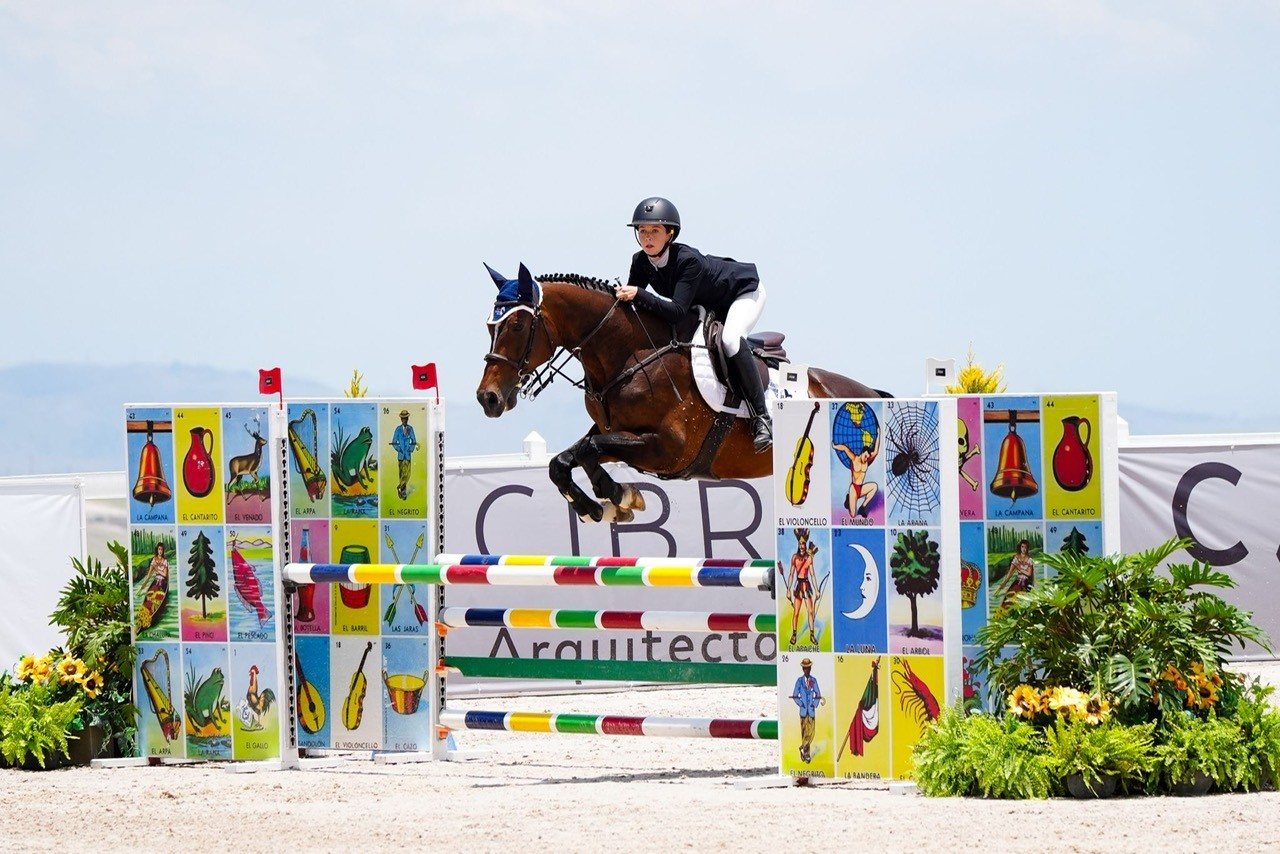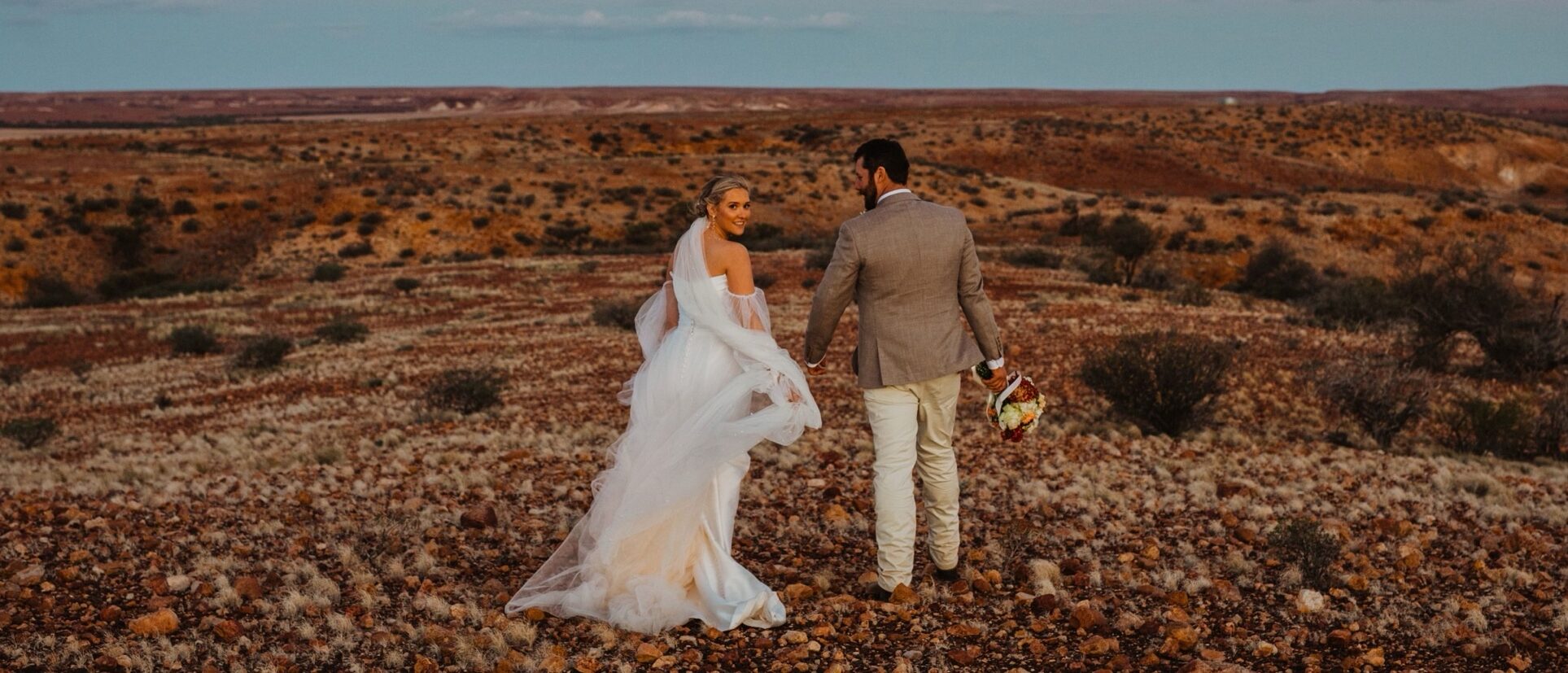Sign up to our mailing list for the best stories delivered to your inbox.
"We knew that Muster Dogs would appeal to animal lovers. But we hadn’t anticipated how big the dog audience would be."
WORDS LISA MILLER
It was a Sunday night, and the first series of Muster Dogs was premiering on ABC TV. I hadn’t seen the final edits or even met the people behind this series. I’d narrated the show, but we’d been forced into our own little bunkers by the pandemic and everything had been done remotely.
But as those first kelpies rushed onto the screen and into our hearts my social media lit up with people connecting through photos of their dogs barking with joy at the television.
Each week the stories would flood in.
We knew that Muster Dogs would appeal to animal lovers. But we hadn’t anticipated how big the dog audience would be. One viewer confessed she was using Muster Dogs as a companion for her pooch, setting it to play the full four hours of the first series while she was at work.
A viewer sent a photo of her dog Alfie, who was a 16-year-old ‘Westie-poo’, which is a cross between a West Highland terrier and a poodle. And he was as deaf as a post. “He would sleep with one eye open so he could see when Muster Dogs began,” they told me. At the first sight of the dogs, he’d be up dancing a jig like a puppy with his ears flapping. His bones no longer weary, he’d be barking with all the glee of a youngster.
I began to find a lightness to my own steps thanks to Muster Dogs and the joy it was bringing people. And it had begun with such small expectations — certainly from me.
The phone call had come one Friday afternoon from a commissioning editor at the ABC, who’d asked me if I would be interested in narrating a series about working dogs.
Me? Dogs? Huh? The side effect of a hard 3am wake-up each day to co-host the ABC’s News Breakfast program is the feeling of being in a perpetual state of mental fogginess. I’d spent 12 years dealing with jet lag as I bounced between countries as a foreign correspondent, being woken in the middle of the night to cover a terrorist attack, an earthquake, a fire. I’d pick up my bag, adaptors and passport and go.


But this new role back in Australia delivered a different kind of jet lag, with no flying involved, unless leaping from one highwire to another during three hours of live national television counted.
The thought of narrating a dog show was appealing but completely unexpected. I’d grown up in the country, in a town called Kilkivan in south-east Queensland, with a population that hovered around 600, and a community spirit that delivered happy childhood memories.
My younger sister Trudi and I had a dog called Mack: a black-and-white border collie cross with the gentlest of natures and softest of hair. We don’t remember where he came from, but he was a constant throughout our childhood and, if truth be told, he had a pretty cushy life in Kilkivan.
But Mack was given to friends when we moved away from our idyllic small-town existence, and the only other dog I’d ever owned was one I shared with a boyfriend when I was in my early twenties.
But here I was, the voice of the ABC’s highest-rating show apart from Bluey — that other dog show whose popularity has no bounds — and suddenly Muster Dogs became a hit internationally, via Netflix, and a second series involving border collies was commissioned. I was asked to write a book to share the secrets of the show, stories of the people and the hilarious antics of the puppies that kept the camera crews laughing.
I also set out to explain why the stories of Australia’s working dogs had so quickly found a place in our hearts — not just in the country, where their role and value had been accepted for some time, but in cities across Australia.
Dog parks grew in number to meet the surge in new owners who wanted to talk about Lucifer and Annie, Gossip, Spice and Chet. And series two delivered another roller-coaster of emotions in those dog parks as Indy, Molly, Ash, Snow and Buddy competed to become the Champion Muster Dog.
In the space of a few years, I’d gone from covering the biggest stories in the world, giving speeches about terrorist attacks and the impact of a decade of trauma-related reporting, to talking about… dogs.
I hadn’t realised how my world had changed until I was invited to speak at the National Farmers’ Federation annual conference. I hesitated, worried about talking to a lobby group whose members might want to throw broad questions about ABC policy or coverage on whatever was the issue of the day.
I shouldn’t have worried. One of the first queries from the crowd made it clear what they wanted from me.
“Lisa, after two series of the show, do you think kelpies or border collies are best?” I laughed and gave my best diplomatic deflection, promising I’d dealt with that critical question in my book and they’d have to read it for the answer.
I was reflecting on that again recently as I walked through my suburb in Melbourne. It’s a dog suburb — small, big, furry, shorn, they’ve got them all. I passed a young woman leaning down to rub her sausage dog who’d decided he was done with their afternoon waddle. She looked up and gave me a wide smile. I smiled back and only realised later it was the Muster Dogs cap I was wearing that had sparked that warm response.
Who would have thought, when I took the call on that Friday afternoon, that Muster Dogs would so radically change my life? What a joy it’s been to be part of a show that has so beautifully encapsulated how people on the land care for their dogs. And what a wonderful reminder it’s been of the simple power of respect and kindness.
MUSTER DOGS: From pups to pros by Lisa Millar is published by ABC Books, $34.99. The second series of Muster Dogs premiered in January 2024 on ABC TV and is available on iview.
Subscribe to Graziher and never miss an issue of your favourite magazine! Already a subscriber? You can gift a subscription to someone special in your life.
To hear more extraordinary stories about women living in rural and regional Australia, listen to our podcast Life on the Land on Apple Podcasts, Spotify and all major podcast platforms.

As a student of Haileybury Pangea’s “online campus”, Marly Wright can pursue her passion without sacrificing her schooling.

Some vendors drove 12 hours to be at Sarah Knight and William Clarke’s big day.